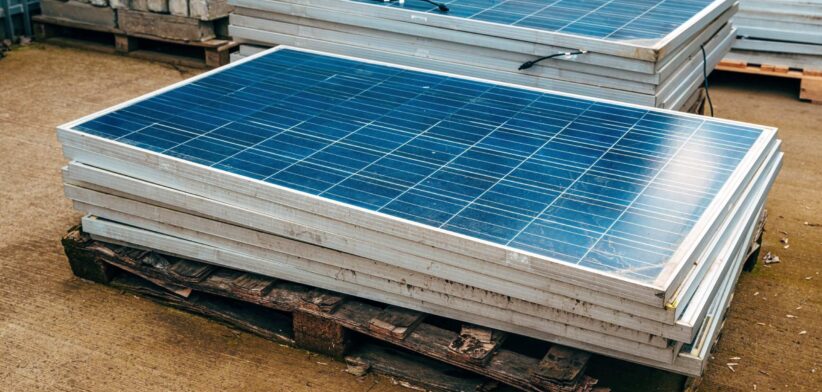More than 100,000 tonnes of used solar panels are expected to become waste over the next 10 years and Australian researchers are stepping up recycling efforts.
Melbourne’s RMIT University is leading an international network of researchers working to advance the reuse and recycling of solar panels, which can contain valuable materials like lead and tin.
RMIT’s Dr Ylias Sabri said while solar panels were helping to reduce carbon emissions, the infrastructure to scrap and effectively recycle them once they reach their end of life has been lacking.
“Solar panels have a lifespan of 25 to 30 years and contain valuable metals including silver and copper,” Dr Sabri said.
“But there’s historically been little interest in recovering these strategic metals from discarded panels as it’s difficult and expensive to do, so they end up in landfill.
“In Australia alone, it’s estimated more than 100,000 tonnes of solar panels will enter the waste stream by 2035, along with billions of dollars’ worth of materials that could be recaptured,” he said.
Dr Sabri hoped the technology his team was developing, which involved a new method for separating fluoropolymer layers from a substrate, could be part of the solution to improve the economic viability of recycling solar panels.
The technology is being honed at a work and exhibition space, which opened this week, at engineering company EDIPAE’s site in Tomelloso, Spain.
The space is a local hub for researchers and industry to collaborate on how best to recover, use and commercialise valuable materials extracted from recycled solar panels.
EDIPAE director Carlos Miralles Sánchez said as the network’s industry partner in Spain, his company was proud to contribute to a circular economy model for solar panels.
“We now have a physical space to work with researchers on a cheaper and easier recycling solution through this Australian technology,” Mr Sánchez said.
“We also have a workshop with tools for creating prototypes so ideas can be developed as well as exhibited to the public.”








